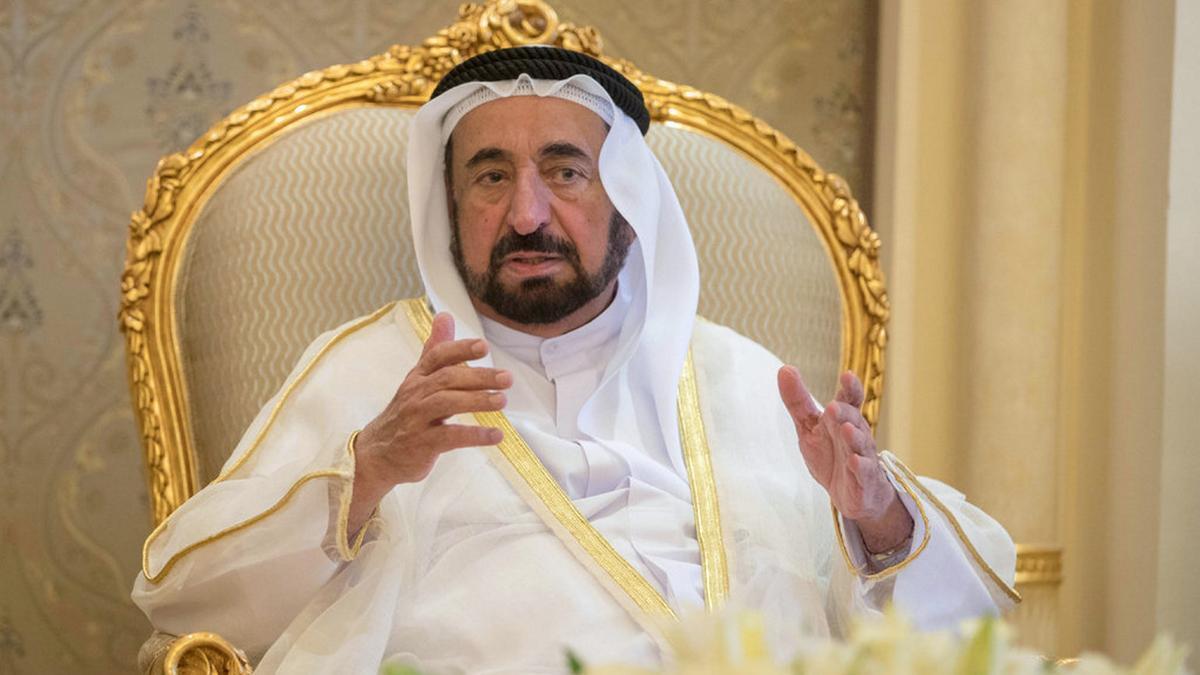In a recent development, a new law amending specific provisions of the law regulating the Holy Quran and Sunnah Foundation was issued by Sheikh Dr. Sultan bin Muhammad Al Qasimi, Supreme Council Member and Ruler of Sharjah, on July 8. The amendment, known as Law No. (4) of 2024, makes changes to Law No. (2) of 2018 governing the Holy Quran and Sunnah. The updated law focuses on regulating permits for establishing private centers for memorizing the Holy Quran and the Sunnah of the Prophet, setting controls, conditions, and supervision, as well as monitoring them in accordance with applicable legislation.
One of the key changes brought about by the new law is the replacement of Clause No. (5) of Article No. (5) of Law No. (2) of 2018. The updated text emphasizes the importance of regulating permits for private centers, establishing controls, conditions, and supervising them in coordination with relevant authorities. Additionally, Article No. (13) bis has been introduced to the law, specifying the status of the employees approved by the institution as judicial police officers, enabling them to enforce the provisions of this law and other related regulations.
Sunnah refers to the path shown by the Prophet Muhammad, comprising Sharia teachings derived from the Quran, Hadith, the consensus of the Companions, and independent reasoning by qualified imams. In the UAE, it is mandatory to obtain a license from the authorities to establish or manage any center for teaching the Quran, as unlicensed digital platforms are prohibited from providing Quran-teaching services. The General Authority for Islamic Affairs, Endowments, and Zakat issued an advisory cautioning UAE citizens and residents about the risks associated with unlicensed digital platforms offering Quran-teaching services.
The new law underscores the importance of regulation and supervision in ensuring that centers for memorizing the Holy Quran and the Sunnah of the Prophet adhere to the necessary controls and conditions. By requiring permits for the establishment of private centers and setting guidelines for supervision and monitoring, the law aims to maintain the integrity and quality of Quranic education in the UAE. Furthermore, the addition of Article No. (13) bis clarifies the authority and responsibilities of employees in enforcing the law and related regulations, enhancing compliance and accountability within the sector.
Compliance with the regulations outlined in the amended law is essential for all individuals and entities involved in the establishment or management of centers for Quranic education in the UAE. By obtaining the required permits, adhering to specified controls and conditions, and cooperating with regulatory authorities, stakeholders can contribute to the preservation and promotion of Quranic teachings in the country. The law serves as a framework for ensuring the proper functioning of private centers dedicated to memorizing the Holy Quran and the Sunnah, thereby enhancing the overall standard of Islamic education in the UAE.
In conclusion, the issuance of Law No. (4) of 2024 amending provisions of the law regulating the Holy Quran and Sunnah Foundation reflects the UAE’s commitment to upholding the sanctity and significance of Quranic teachings. By introducing stricter regulations, monitoring mechanisms, and enforcement measures, the amended law aims to safeguard the quality and authenticity of Quranic education in the country. Stakeholders in the field of Islamic education are encouraged to comply with the updated provisions, obtain the necessary permits, and work towards promoting a culture of reverence and understanding of the Holy Quran and the teachings of the Prophet Muhammad in the UAE.











